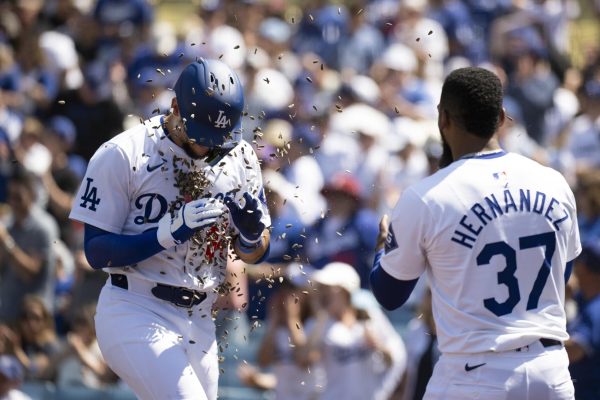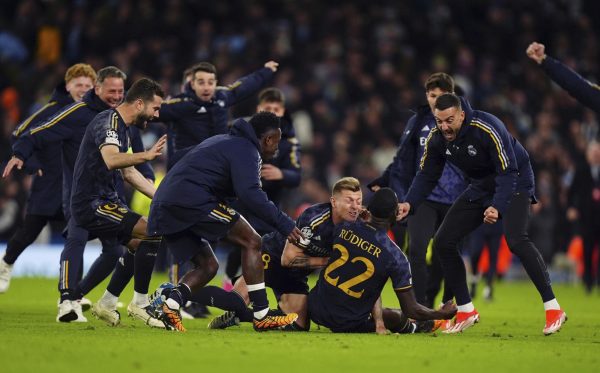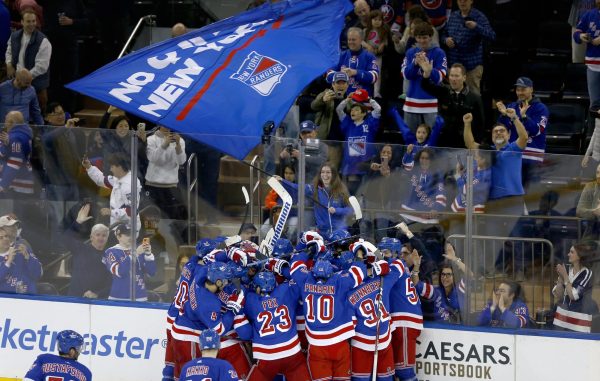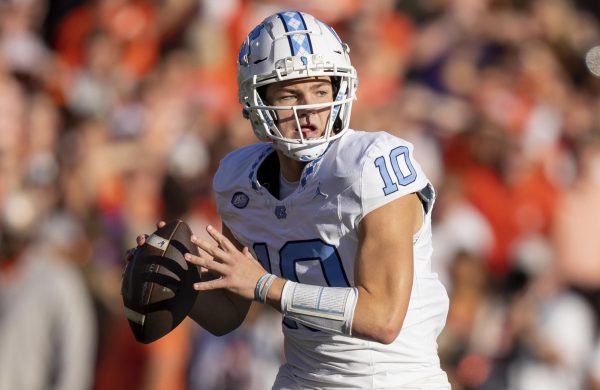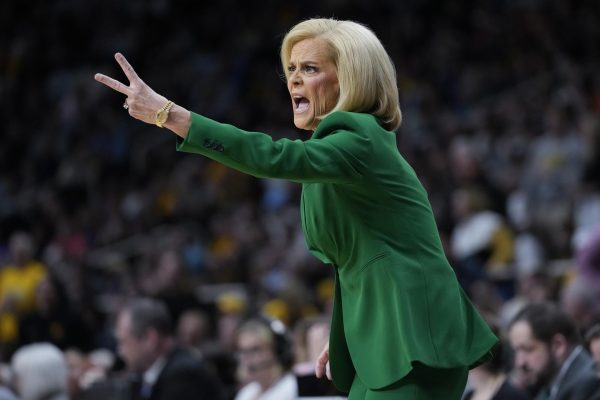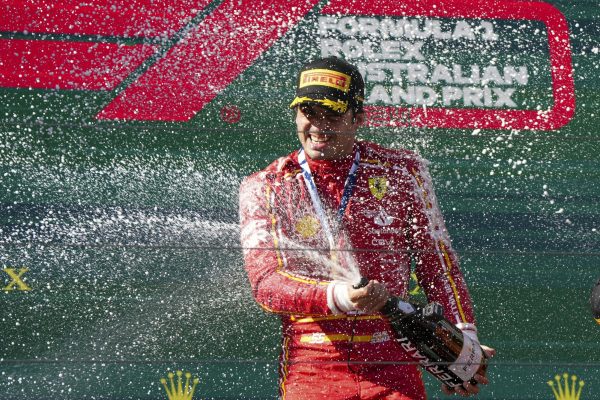NBA Superteams Destroy Excitement and Parity
The 2018-19 NBA season started a few weeks ago, but Phoenix Suns fans, such as myself, are having a hard time getting excited about games.
The Suns have been one of the worst teams in the league over the past ten seasons, and despite the fact that they have the 2018 first overall pick, center DeAndre Ayton, I knew my team had almost no chance of winning anything aside from the occasional regular season game this season. The fact that they have stumbled out of the gate with a 4-14 record has just confirmed my greater fear for the Association: due to a lack of parity, today’s NBA is not that fun.
The past four NBA Finals match-ups have featured the same two teams: the Golden State Warriors and the Cleveland Cavaliers. For four straight years, it’s felt like a foregone conclusion that the Cavs and the Warriors would end up playing each other at the end of the season.
The Warriors have had the best roster in all of basketball, with four of their starting five earning All-Pro recognition at some point in their careers. The Cavs had the league’s best and most impactful player, LeBron James.
The other 28 teams in the league were simply along for the ride that inevitably lead to the seemingly predetermined Finals matchup for four years in a row.
Yes, the NBA is entertaining. It is a highlight factory tailor-made for social media, churning out dunks and ridiculous shots on a nightly basis from games across the league. However, it also seems to have the worst imbalance of power between teams of any professional sport.
Individual players are more important in basketball than in any other team sport, taking precedence over things like coaching and strategy. There are a very small number of these massively impactful players in the league, and they now tend to collect together on chosen rosters.
So, when a team like the Warriors collected not one, but five star players, they became virtually unbeatable.
Sure, Golden State can lose on any given night, but an NBA playoff series is, at most, seven games long.
Part of what makes college basketball so fun is that March Madness features the “win or go home” format, allowing for underdogs to shine and topple Goliaths.
Without that aspect, the league is dominated by a select group of super- teams who are too good to lose to lesser competition in a best of seven series. Underdogs have no chance.
There are teams like the Suns in every league, teams that are just so bad that you know that they have absolutely no chance of winning the Finals.
The NBA, however, creates anomalies like the Portland Trail Blazers and the Oklahoma City Thunder: teams with star players, who, at the end of the day, have no realistic shots at a title.
The majority of NBA teams face a similar problem to the Blazers and Thunder; they are stuck in a vicious cycle of mediocrity; they are good, but not good enough.
It may seem risky to assume these teams have no chance, but the Warriors have not lost a Western Conference playoff series in four years and just added another All-Star piece in center DeMarcus Cousins.
The Warriors certainly have not gotten worse, and until another team can assemble a comparable roster to take down the juggernaut, Golden State will continue its overwhelming domination.
Even after James took his talents to Los Angeles and ended his (individual) seven-year streak as the Eastern Conference Champion, there are few teams in the East with a realistic shot at winning the title.
The 76ers traded for guard Jimmy Butler, a move that puts them in contention in the Eastern Conference along with the Boston Celtics, Toronto Raptors and Milwaukee Bucks. Outside of this handful of teams, there is little chance for anyone else.
This lack of parity makes the entire NBA regular season feel hollow and somewhat meaningless. To me, unpredictability is what makes sports, in general, so fun.
Right now, it seems like the NBA is just going through the motions before arriving at a predetermined conclusion.
Contact Kingston Perry at [email protected].


